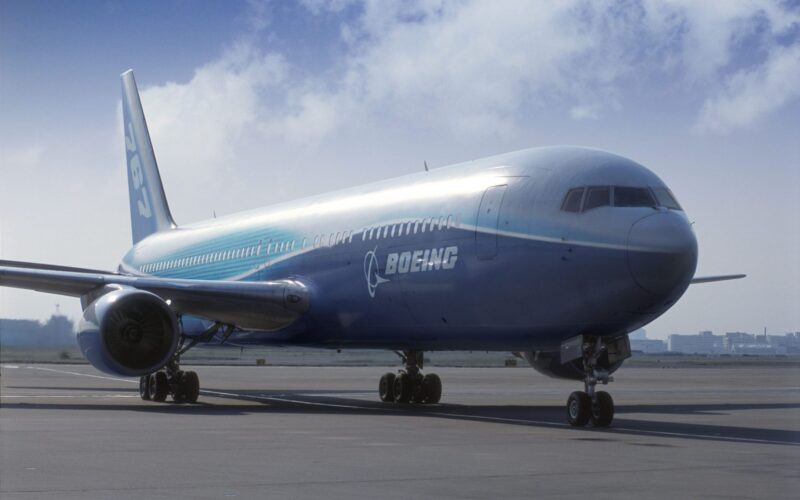Boeing has announced plans to cut 17,000 jobs, roughly 10% of its global workforce, as the company faces significant financial strain during a month-long strike. The US planemaker also revealed it will delay the first deliveries of its 777X jet by a year and record $5 billion in third-quarter losses.
In a message to the employees, CEO Kelly Ortberg said that the layoffs are necessary to “align with our financial reality” following a strike by 33,000 West Coast workers that halted production of Boeing’s 737 MAX, 767, and 777 jets. “We are resetting our workforce levels to align with our financial reality and a more focused set of priorities. These reductions will impact executives, managers, and employees,” Ortberg stated.
Boeing shares dropped 1.1% in after-market trading following the announcement. The sweeping changes are part of Ortberg’s effort to stabilise the company, after taking charge in August with a commitment to repair relations with employees and the union.
In addition to the job cuts, Boeing took $5 billion in pre-tax earnings charges for its defense business and two commercial aircraft programmes. The company also ousted Ted Colbert, head of its troubled space and defense unit, in late September.
Boeing, which reports its third-quarter earnings on 23 October, now expects revenue of $17.8 billion, a loss per share of $9.97, and a negative operating cash flow of $1.3 billion—better than analysts’ estimates of a $3.8 billion cash burn. Thomas Hayes, equity manager at Great Hill Capital, suggested the layoffs may put pressure on striking employees to return to work. “Striking workers don’t want to become unemployed workers. I expect the strike to end within a week,” Hayes said.
The strike, which began on 13 September, has already cost Boeing $1 billion per month, according to S&P, threatening its prized investment-grade credit rating. Boeing also filed an unfair-labour-practice charge with the National Labor Relations Board, accusing the machinists’ union of bad-faith bargaining.
Amid these challenges, Boeing informed customers that the first delivery of its 777X jet is now expected in 2026 due to ongoing development delays and the strike. The company also announced it will end its 767 freighter program by 2027, although production for the KC-46A tanker will continue.
“While our business is facing near-term challenges, we are making important strategic decisions for our future and have a clear view on the work we must do to restore our company,” Ortberg added.
The International Association of Machinists and Aerospace Workers (IAM), representing the striking workers, expressed concerns over Boeing’s discontinuation of the 767 program and rejected Boeing’s accusations, calling them a distraction from the company’s refusal to negotiate. IAM President Jon Holden criticised Boeing’s attempt to “bargain in the press” and warned that a lack of negotiations would only extend the strike.
Boeing, which has about $60 billion in debt, has been struggling with cash flow issues, reporting more than $7 billion in operating cash flow losses in the first half of 2024. Analysts estimate the company will need to raise $10 to $15 billion to maintain its credit rating, which is currently just above junk status.





















